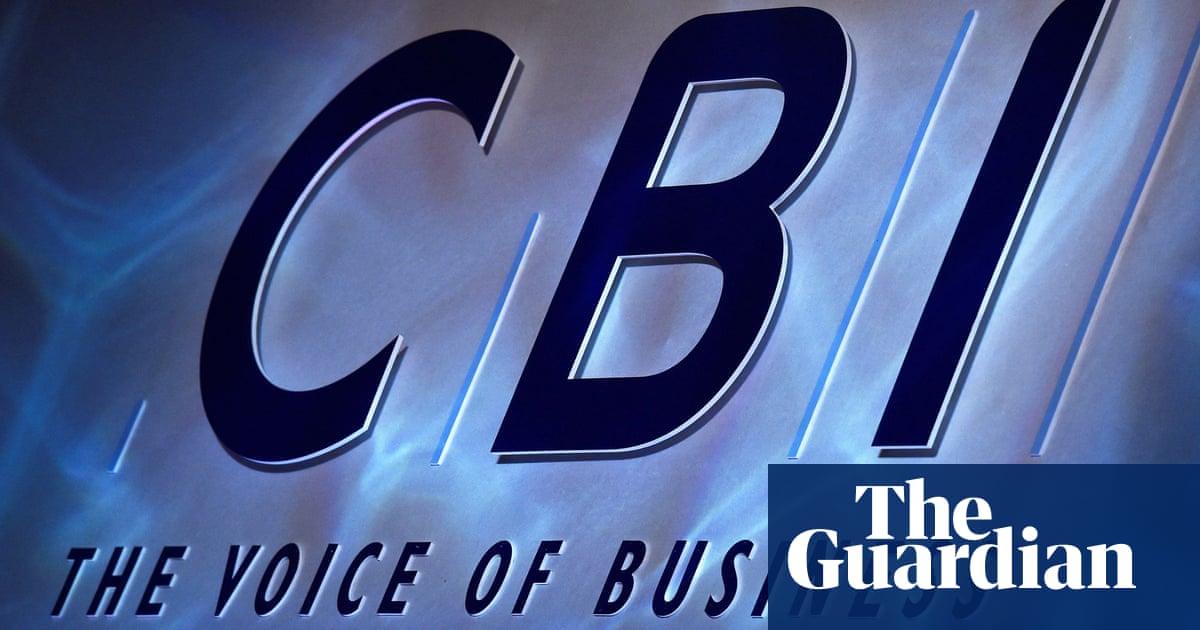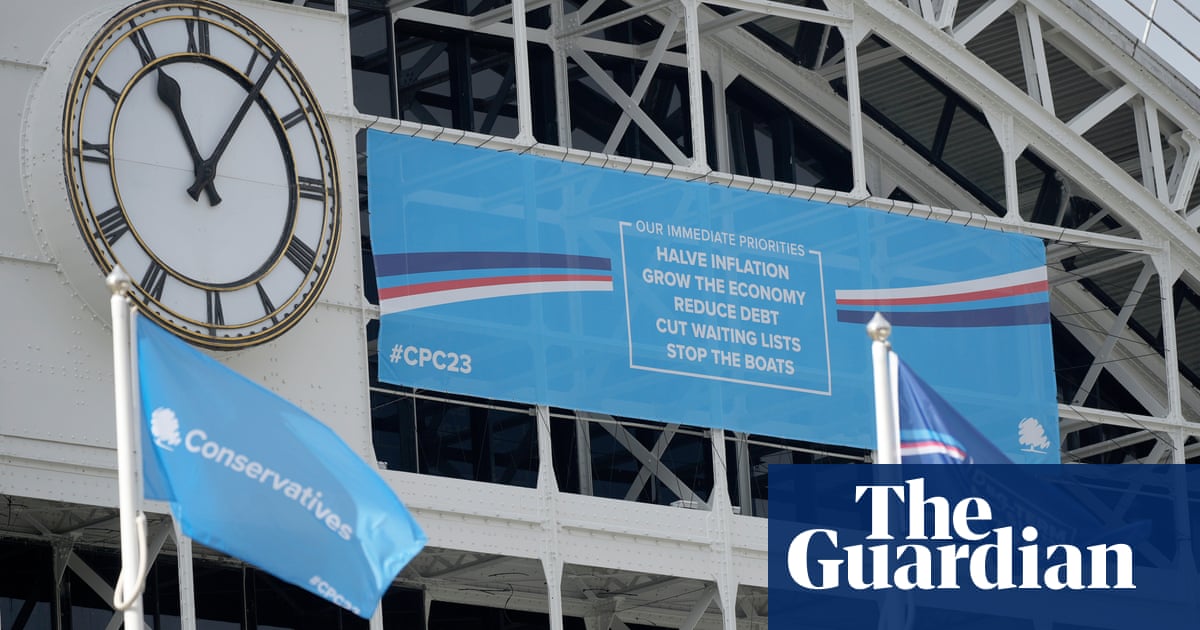
The future of the Confederation of British Industry is in doubt after a flood of the UK’s biggest companies, including John Lewis and NatWest, terminated their memberships following the Guardian’s publication of new allegations of rape and sexual harassment at the business lobbying group.
The CBI, which claims to represent 190,000 members employing nearly 7 million people, will be counting the cost of the loss of lucrative annual membership fees at a time when the government has suspended all activity with the group pending the outcome of an investigation into the allegations.
The first of more than 50 big companies that announced on Friday they were severing or pausing their relationship with the CBI was the insurer Aviva. It notified the organisation of its decision in the morning, saying the lobby group was no longer in a position to speak for the British business community.
An Aviva spokesperson said: “In light of the very serious allegations made, and the CBI’s handling of the process and response, we believe the CBI is no longer able to fulfil its core function – to be a representative voice of business in the UK. We have therefore regrettably terminated our membership with immediate effect.”
The decision is understood to have been made before the Guardian published the most recent claims on Friday, in which a woman alleged she was raped by two male colleagues when she worked at an overseas office of the CBI. Sources also said another woman based at the organisation’s London office was stalked by a male colleague in 2018.
The scandal-hit group had already hired the law firm Fox Williams to conduct an independent investigation into a separate string of allegations reported to the Guardian by more than a dozen former staff, including a woman’s claim that she was raped by a manager during a 2019 summer boat party on the River Thames.
A spokesperson for the John Lewis Partnership, which owns the department store chain and Waitrose supermarkets, said: “Due to the further very serious and ongoing allegations made relating to the CBI, we have decided to end our membership with immediate effect.”
The banking group NatWest, which had previously paused its activity with the CBI, said on Friday it had “withdrawn” its membership after careful consideration, adding it had lost confidence in the organisation’s ability to fulfil its role representing business.
As the announcements gained pace on Friday afternoon, other businesses to confirm they were terminating their CBI memberships included the carmakers BMW and JLR; the telecommunications company Virgin Media O2; and EY, one of the UK’s big four accountancy firms.
A wave of other companies said they were suspending their ties with the CBI while the allegations of sexual misconduct and harassment were investigated. These included the supermarket chains Tesco, Sainsbury’s, Asda and Lidl; the aerospace and engineering company Rolls-Royce; the accountancy firm PWC; the energy firm SSE; and Unilever, the consumer goods company that owns brands including Marmite and Dove.
PwC said in a statement that any organisation representing UK business “needs to be a trusted voice”. A spokesperson added: “With multiple horrific allegations hanging over its head, the CBI is currently unable to do its job.”
The Guardian understands that the oil companies BP and Shell have also paused all activities with the organisation. National Grid said it has ended its membership with immediate effect.
Trade bodies were also among those to suspend their CBI membership, including Energy UK, which represents more than 100 of the UK’s biggest energy companies, and the Association of British Insurers, which said it was “untenable” to retain its membership in the light of the latest allegations.
Last week, the CBI dismissed its director general, Tony Danker, whose conduct was part of a different investigation by Fox Williams, which related to entirely separate allegations about his behaviour.
Dame Helena Morrissey, the former City fund manager and founder of the 30% Club, which campaigns for more women in boardrooms, said she believed the departures of members would “accelerate what would have been an inevitable decline”.
Morrissey, who has previously urged CBI members to leave the organisation, said the way it had handled the allegations had “compounded the problem”. She said there had been a “lack of process” for managing complaints.
“We can’t have young women look and think: ‘I’m not going to join industry, I’m not going to go into the business world’ because it’s a terrible culture and terrible things can happen. Obviously it also ruins it for a lot of men,” she said.
Morrissey asked how the organisation would be able to survive without the membership fees, estimated to be £90,000 a year for a large business, of several high-profile companies.
However, one industry source said some CBI members had been reluctant to terminate their memberships in case an exodus caused the business group to collapse. “They’re too important as an institution to not exist,” the source said.
Another senior business figure, who asked not to be identified, told the Guardian the CBI may be forced to wind down before a cashflow crisis later this year.
The source said many CBI members pay annual membership fees in January, meaning those who had terminated their relationships would be looking closely at their contracts to see whether they could claw back some of the money.
In the past the CBI was one of the “big five” trade associations – alongside the Federation of Small Businesses, Make UK, the Institute of Directors and the British Chambers of Commerce – which all have “a very close relationship with government”, according to the source.
“I’ve already heard the government start referring to them as the ‘big four’,” they added.












